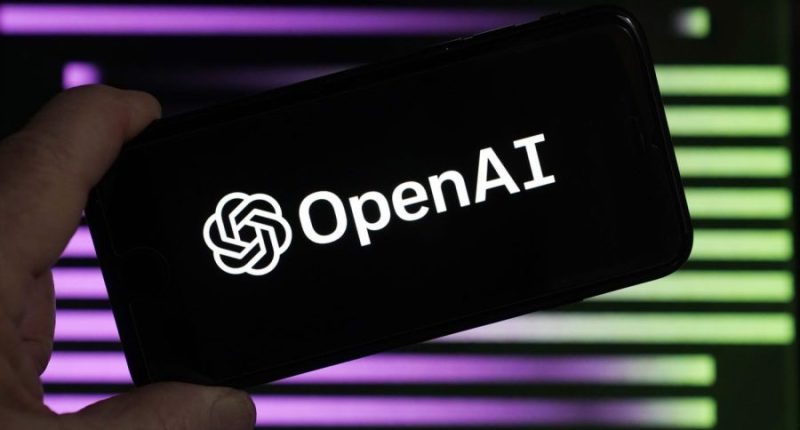Share this @internewscast.com

(The Hill) — ChatGPT can harm an individual’s critical thinking over time, a study released this month suggests.
At MIT’s Media Lab, researchers conducted a study where participants were asked to write several SAT essays. The participants were divided into three groups: one using OpenAI’s ChatGPT, another using Google’s search engine, and a third which relied solely on their own cognitive abilities, referred to as the “brain-only” group. Throughout the process, each participant’s brain activity was monitored using electroencephalography (EEG) to observe neural activity across different brain regions.
The results indicated that participants utilizing ChatGPT over a period of a few months exhibited the least brain activity. According to the study, these participants “consistently underperformed at neural, linguistic, and behavioral levels.”
Initially, participants in the ChatGPT group used the large language model (LLM) mainly for structural guidance in their essays. However, by the study’s conclusion, they increasingly resorted to copying and pasting entire sections of text from the LLM.
Those who used Google’s search engine were found to have moderate brain engagement, but the “brain-only” group showed the “strongest, wide-ranging networks.”
The findings suggest that using LLMs can harm a user’s cognitive function over time, especially in younger users. It comes as educators continue to navigate teaching when artificial intelligence (AI) is increasingly accessible for cheating.
“What really motivated me to put it out now before waiting for a full peer review is that I am afraid in 6-8 months, there will be some policymaker who decides, ‘let’s do GPT kindergarten.’ I think that would be absolutely bad and detrimental,” the study’s main author Nataliya Kosmyna told Time magazine. “Developing brains are at the highest risk.”
However, using AI in education doesn’t appear to be slowing down. In April, President Donald Trump signed an executive order that aims to incorporate AI into U.S. classrooms.
“The basic idea of this executive order is to ensure that we properly train the workforce of the future by ensuring that school children, young Americans, are adequately trained in AI tools, so that they can be competitive in the economy years from now into the future, as AI becomes a bigger and bigger deal,” White House staff secretary Will Scharf said at the time.
















